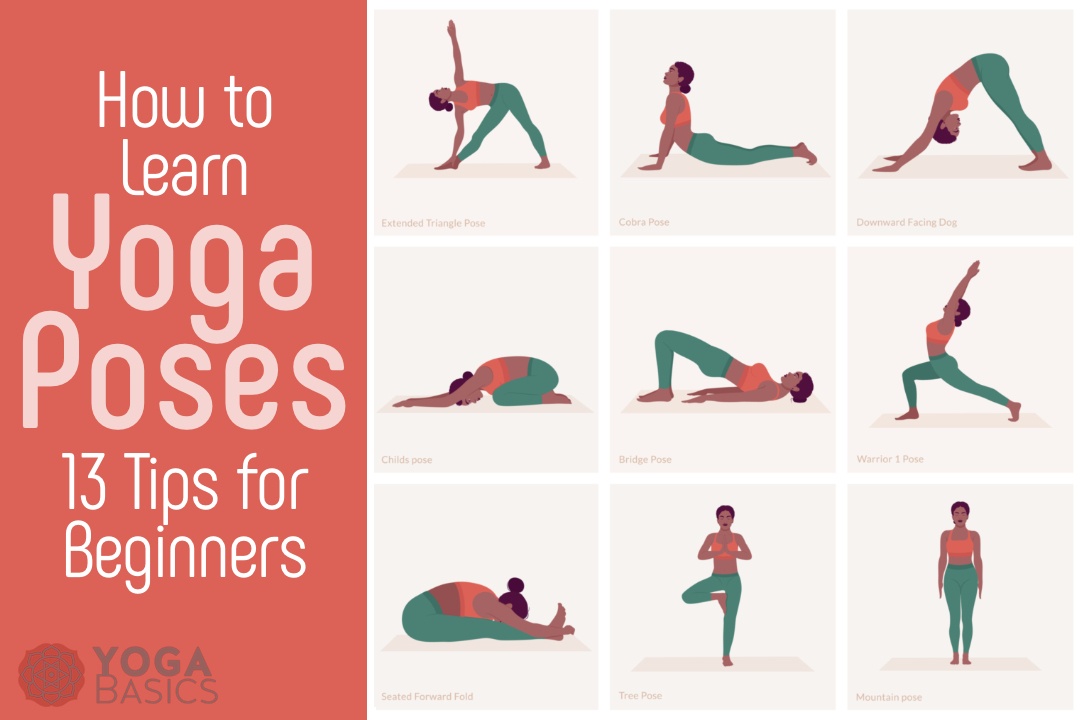4246 Insights
Your source for the latest news and information.
Yoga: The Original Stress Ball
Discover how yoga can be your ultimate stress relief tool! Transform your mind and body with ancient techniques for modern serenity.
How Yoga Reduces Stress: The Science Behind the Practice
Yoga is a holistic practice that integrates physical postures, breathing techniques, and meditation to create a sense of balance and well-being. The science behind how yoga reduces stress lies in its ability to activate the body's relaxation response. This activation leads to a decrease in the levels of stress hormones, such as cortisol, while promoting the release of calming neurotransmitters like serotonin and dopamine. As practitioners engage in restorative poses and deep, mindful breathing, their heart rate and blood pressure tend to lower, fostering an environment conducive to relaxation.
Research suggests that the mindfulness cultivated through yoga extends beyond the mat, influencing daily stress management. When we focus on the present moment during our practice, it helps to reduce rumination and anxious thoughts. The structured nature of yoga encourages a shift from a fight-or-flight response, often triggered by daily stressors, to a state of calm and focus. In summary, the science behind how yoga reduces stress reveals not only physiological changes but also psychological benefits that contribute to a more balanced and resilient mindset.

Top 5 Yoga Poses to Alleviate Stress and Anxiety
In today's fast-paced world, stress and anxiety have become common challenges for many individuals. Fortunately, practicing yoga can provide effective relief. Here are the Top 5 Yoga Poses to Alleviate Stress and Anxiety that you can easily incorporate into your daily routine:
- Child's Pose (Balasana): This restorative posture encourages relaxation and helps calm the mind.
- Cobra Pose (Bhujangasana): Opens up the chest and restores energy while alleviating feelings of stress.
- Legs Up the Wall (Viparita Karani): Great for reducing anxiety, this pose promotes relaxation and circulation.
- Cat-Cow Stretch (Marjaryasana-Bitilasana): This dynamic movement releases tension in the spine and promotes emotional balance.
- Corpse Pose (Savasana): Often considered the most important pose, it allows the body to completely relax, fostering a sense of peace.
Is Yoga the Key to Unlocking Inner Peace?
Yoga has long been heralded as a transformative practice that not only enhances physical health but also cultivates a deep sense of inner tranquility. For many, the journey into the world of yoga begins with the physical postures, known as asanas, which serve as a gateway to deeper mental and spiritual benefits. Through the combination of breath control, meditation, and mindful movement, practitioners often find that yoga provides them with essential tools to combat stress and anxiety, paving the way for a more peaceful existence.
Moreover, the principles of yoga encourage self-reflection and a heightened awareness of one's thoughts and emotions. This mindfulness aspect allows individuals to connect with their inner selves, facilitating the release of negative patterns and fostering a more balanced state of mind. By committing to a regular yoga practice, many individuals report a stronger sense of inner peace, improved emotional regulation, and an overall enhancement in their quality of life. Could it be that yoga is indeed the key to unlocking a more serene and harmonious state of being?